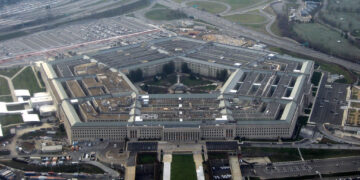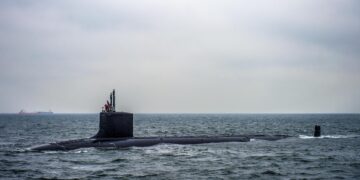
The June 3 victory of Democratic Party of Korea (DP) presidential candidate Lee Jae-myung provides South Korea with an opportunity to turn the page on six months of political dysfunction. At its core, the election was a referendum on former President Yoon Suk Yeol as well as the People Power Party (PPP), a segment of which tried to justify Yoon’s failed attempt at martial law last December. While foreign policy issues played only a small role during the snap election, the emergence of a new South Korean government has the potential to impact the U.S.-South Korea alliance in a number of ways. Although the alliance will certainly remain intact, Washington and Seoul won’t be as in-synch as they were during Yoon’s tenure.
Yoon was an increasingly unpopular politician in the eyes of the South Korean public even before he sought to upend South Korea’s constitutional order. In April 2024, the PPP experienced a humbling defeat in legislative elections, which handed the opposition DP control of the National Assembly and effectively turned Yoon into a lame-duck. In September 2024, three months before his martial law bid, Yoon’s public approval rating was at 20%, the lowest of his presidency.
Yoon’s perception in Washington, though, was far different. The Biden administration frequently described the South Korean president as a valuable ally lauded for his cooperation on regional security matters, deterrence on the Korean Peninsula and, ironically, democratic bona-fides. In March 2024, South Korea hosted the third U.S.-organized Summit for Democracy, where Yoon was showered with praise for leading a nation that only a few decades ago was still in the throes of a military-led dictatorship. The general perception in U.S. policy circles was that the Yoon administration was a force-multiplier for what the United States sought to accomplish in the region and a partner that could be relied upon to keep U.S. preferences front-of-mind.
More on Asia

By Dan Caldwell
July 28, 2025

Featuring Dan Caldwell
July 13, 2025

By Jennifer Kavanagh and Dan Caldwell
July 9, 2025

Featuring Jennifer Kavanagh and Dan Caldwell
July 9, 2025





